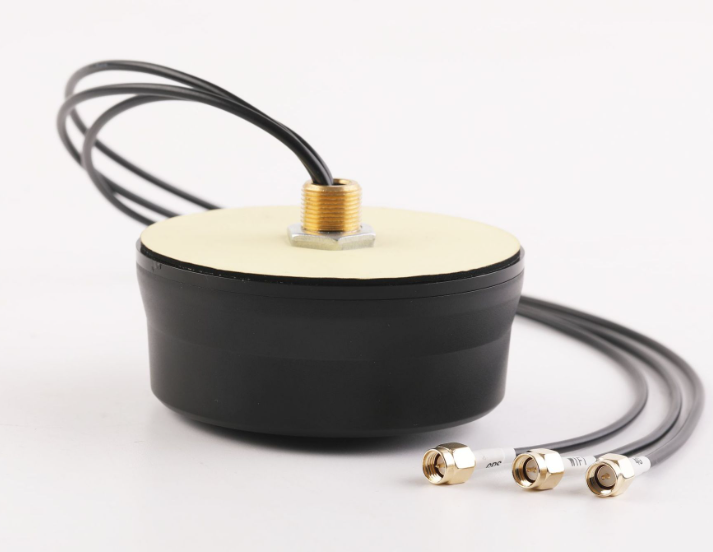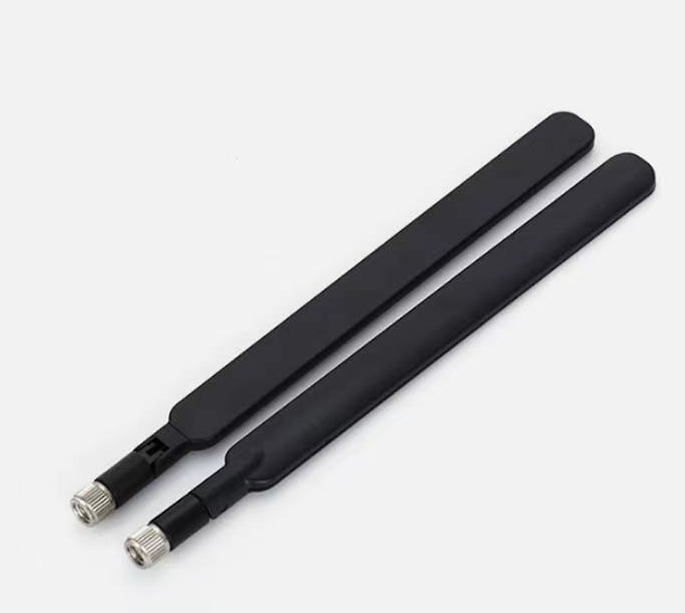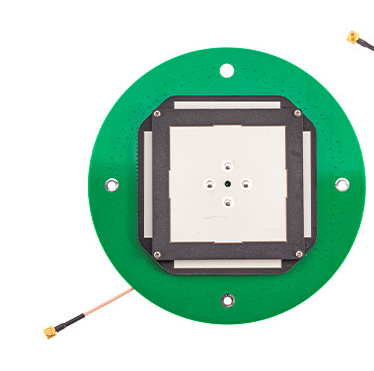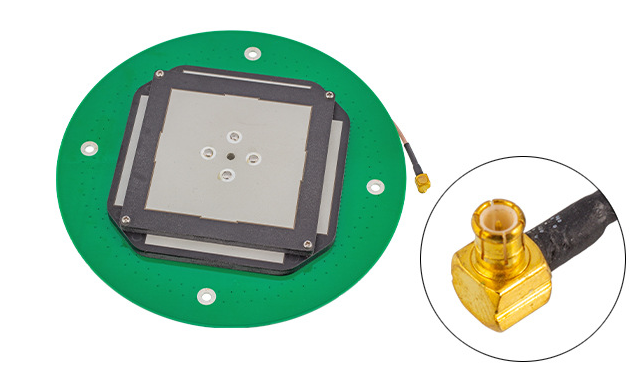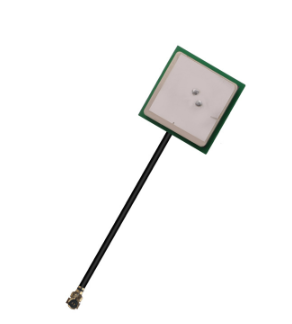Gps antenna efficiency
With the rapid development of Global Positioning system (GPS) technology, GPS antenna is more and more widely used in various fields. The efficiency of GPS antenna directly affects the positioning accuracy and signal receiving quality. It is of great significance to study the influence factors and optimization strategy of GPS antenna efficiency. This paper will introduce the GPS antenna efficiency in detail and discuss how to improve the GPS antenna efficiency.
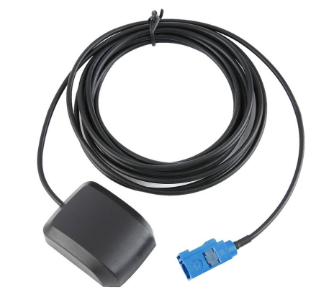
Overview of GPS Antenna efficiency
GPS antenna efficiency refers to the ability of GPS antenna to convert signal energy into electric energy when receiving GPS satellite signals. GPS antenna efficiency directly affects the signal reception quality and positioning accuracy. Improving GPS antenna efficiency is the key to improve GPS application performance.
Factors affecting the efficiency of GPS antennas
1. Antenna types: different types of GPS antennas have different performance parameters and efficiency, such as spiral antenna, patch antenna, microstrip antenna and so on.
2. Frequency: the frequency of GPS signal has an effect on the efficiency of GPS antenna. When receiving signals with different frequencies, the efficiency of GPS antenna is different.
3. Polarization mode: the polarization mode of GPS signal (linear polarization or circular polarization) will also affect the efficiency of GPS antenna.
4. Environmental factors: environmental factors such as weather, topography and buildings affect the propagation of GPS signals, thus affecting the efficiency of GPS antennas.
5. Feeder loss: feeder loss is the loss of signal energy received by GPS antenna in the process of transmission, which directly affects the efficiency of GPS antenna.
Strategies for improving the efficiency of GPS antennas
1. Select the appropriate antenna type: according to the application scenarios and requirements, choose the appropriate GPS antenna type. For mobile applications, you can choose miniaturized and lightweight GPS antennas; for fixed applications, you can choose GPS antennas with more stable performance.
2. Optimize the antenna design: improve the efficiency and performance of the GPS antenna by improving the antenna design, optimize the size, shape and material of the antenna, in order to improve the receiving capacity and radiation efficiency of the antenna.
3. Choose the appropriate installation location: according to the terrain and environmental factors, choose the appropriate installation location of the GPS antenna to avoid installing the antenna in the shielded place, so as to reduce signal attenuation and multipath effect.
4. Use low-loss feeder: select low-loss feeder to reduce the loss of signal in the process of transmission and improve the efficiency of GPS antenna.
5. Adopt multi-antenna technology: by using multi-antenna technology, such as MIMO (multiple input and multiple output) technology, the receiving ability and anti-jamming ability of GPS antenna are improved, thus the efficiency of GPS antenna is improved.
6. Software optimization: through the optimization of software algorithm, the signal processing ability and positioning accuracy are improved, thus the efficiency of GPS antenna is improved indirectly.
Case analysis
Taking a certain type of vehicle-mounted GPS antenna as an example, the antenna efficiency is significantly improved by optimizing the antenna design and installation position and adopting low-loss feeder. In practical application, the positioning accuracy and signal reception quality are significantly improved.
This paper introduces the concept, influencing factors and improvement strategies of GPS antenna efficiency. By selecting appropriate antenna types, optimizing antenna design, selecting appropriate installation location, using low-loss feeders, adopting multi-antenna technology and software optimization, GPS antenna efficiency can be effectively improved, positioning accuracy and signal reception quality can be improved. In practical application, appropriate optimization strategies should be selected according to specific scenarios and requirements.
Prospect
With the rapid development of the Internet of things and self-driving technology, the requirements for the efficiency of GPS antennas will be higher and higher. It is necessary to continue to study new technologies and methods to improve the performance and quality of GPS antennas in order to meet the growing application requirements. We should also pay attention to the application of new materials and new technologies in the field of GPS antennas to improve the efficiency and stability of GPS antennas.
reference
(added according to the actual research or the relevant literature consulted at the time of writing this article)
Improving the efficiency of GPS antenna is of great significance to improve the positioning accuracy and signal receiving quality. By selecting appropriate antenna type, optimizing antenna design, selecting appropriate installation location and using low-loss feeder, we can effectively improve the efficiency of GPS antenna. With the continuous development of technology, we are expected to see the emergence of higher performance GPS antenna to provide better positioning services for applications in various fields.
